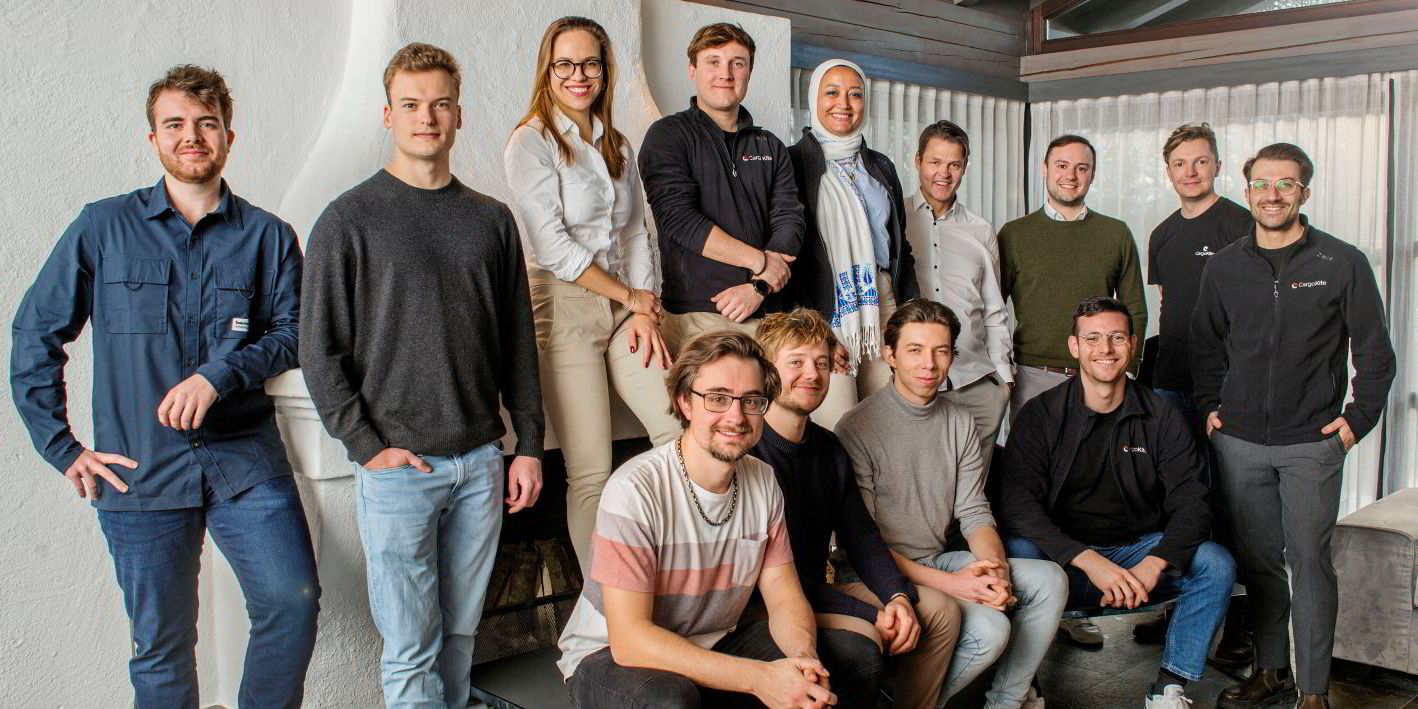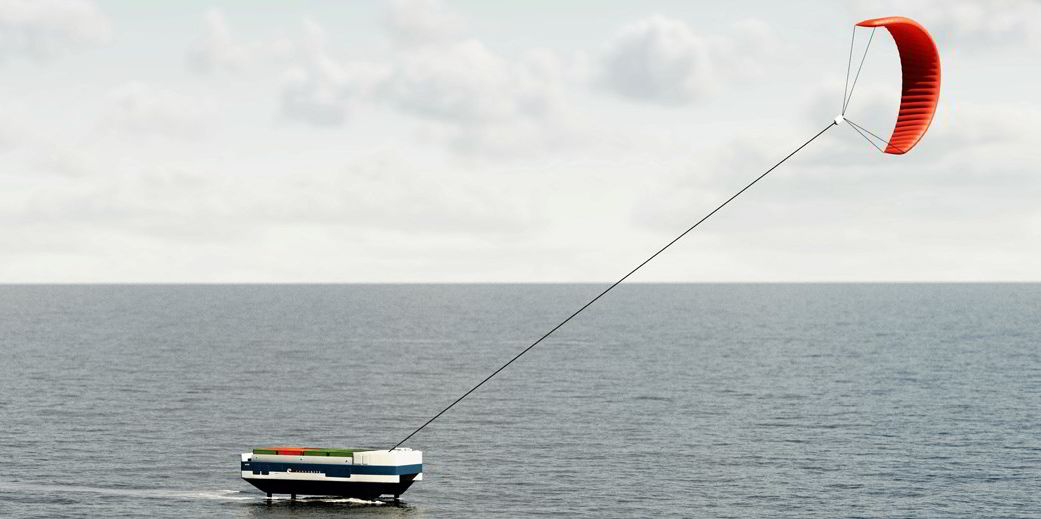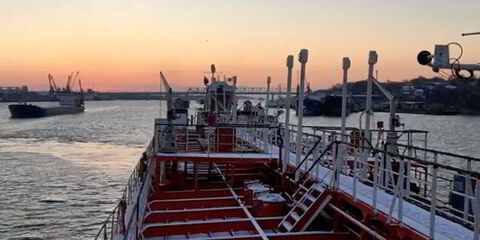A German tech start-up wants to revolutionise shortsea shipping —16 containers at a time.
CargoKite has emerged from a technical university in Munich and secured venture capital funding to develop a concept of radically changing shortsea shipping with a series of small hydrofoiled, autonomous, diesel-electric vessels with 200-square-metre kites.
They call it micro-shipping, and it goes beyond the single unit: the company is promoting the idea that a fleet of these vessels can beat small feeder container ships.
“On a total cost of ownership, we can replace one 800-teu methanol-powered feeder container ship with less than 16 CargoKite vessels working on a mesh-like network,” said co-founder and chief technology officer Tim Linnenweber.
He said studies run on behalf of CargoKite show that the vessels do not require additional port infrastructure, can enhance logistics flows and are environmentally sound.
The company has won pre-seed funding and, according to Crunchbase, a convertible note for equity since its launch in 2022.
This includes backing from venture capital firm SOSV and its subsidiary, HAX, in the US.
The start-up has built a nine-metre-long prototype with a scaled-back kite.
However, Linnenweber said, current funding for CargoKite will only take it to the construction of a small, single-container capacity, 15-metre trial vessel and the more detailed design of the 16-teu, 50-metre-long final version as it seeks class approval.

It is now out promoting itself ahead of a new larger funding round to enable it to get beyond the design stage, ready to full-scale build.
But shortsea shipping operators have already begun to take note, said Linnenweber.
German groups, including breakbulk operator MACS and EMS-Fehn-Group, have signed letters of intent with CargoKite, as have some cargo owners.
Linnenweber also mentioned that he is in talks with a large northern European ro-ro and logistics firm.
“Our idea enables cargo owners to run their own ships and shipping companies to supplement their regular lines,” he said.
The CargoKite concept
The use of kites in shipping is no longer a novel concept, thanks to companies such as Germany’s SkySails and, more recently, France’s Airseas, which has secured contracts to install systems on an Airbus-chartered vessel.
Linnenweber said the difference here is a design that aims to combine the benefits of a kite with a hydrofoil.
The kite, currently designed at 400 square metres, will provide most of the vessel’s thrust in open waters. It also helps in generating the lift, allowing the vessel to sail on hydrofoils and so reduce hull drag.
The company has estimated sailing speeds of up to 23 knots but a likely loaded speed of 19 knots.
The vessels are also designed to have diesel-electric power for port operations and if the winds are too weak. The long-term objective is to go either fully electric or use zero-emissions fuels.
The concept drawings show a vessel that would be fully unmanned and autonomous, though Linnenweber admits initial deployment would require an additional navigation bridge and a crew while autonomous vessel regulations mature.
He added, however, that the vessels will fall under the gross tonnage or size requirements of Solas, the maritime safety convention, where current rules are preventing the rapid deployment of unmanned vessels in international trades.
The start-up’s concept is not to sell individual units, but to promote a mesh network in which containers are regularly shuttled across multiple CargoKite vessels. This approach aims to create greater throughput, rather than what Linnenweber calls a “milk run” typical of feeder container ships






